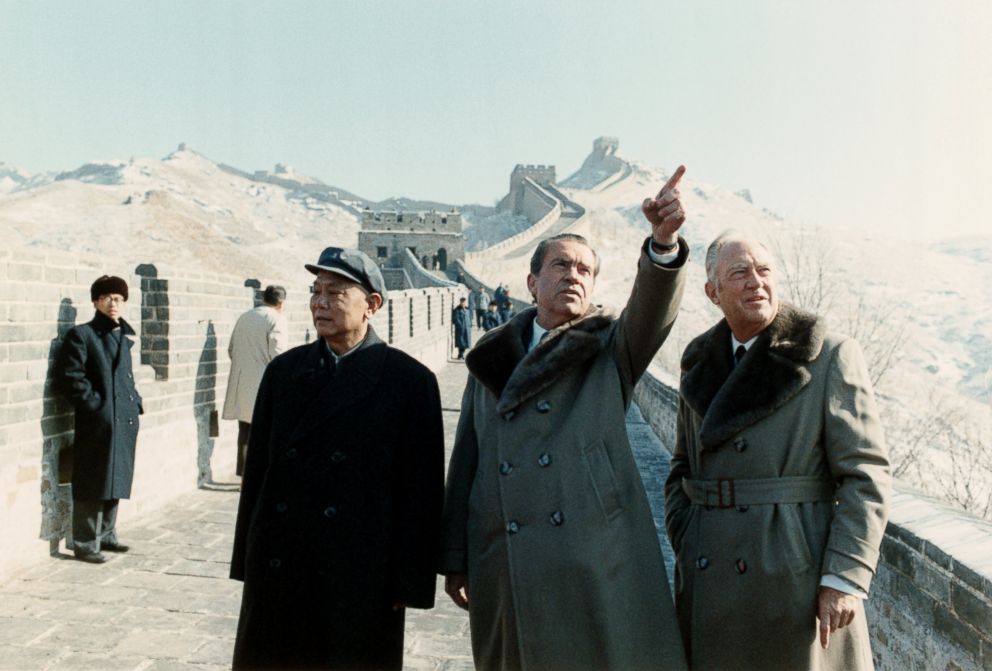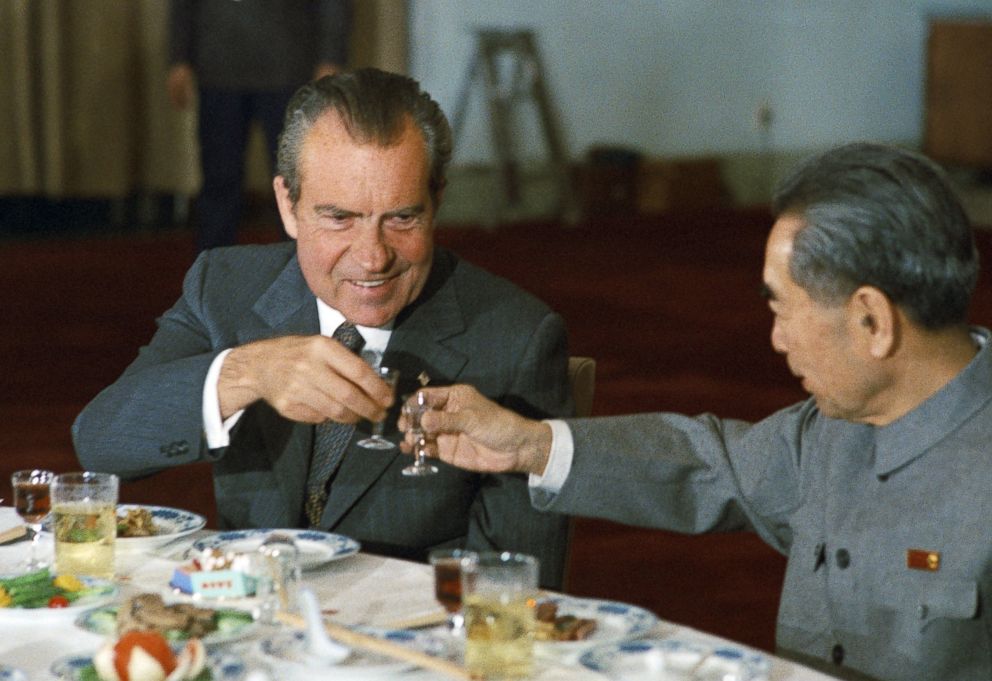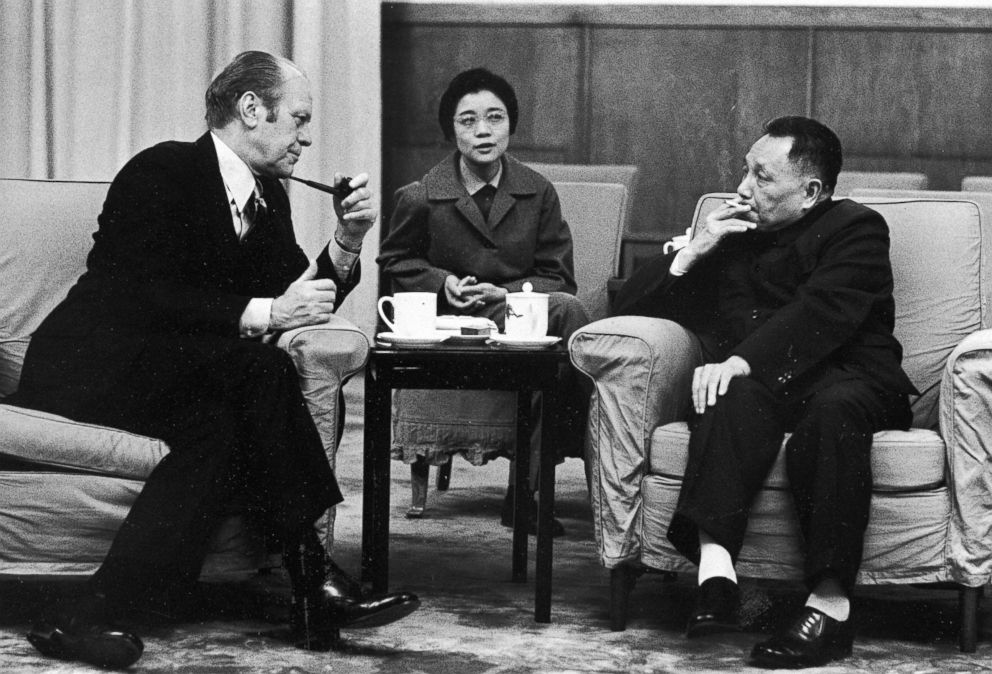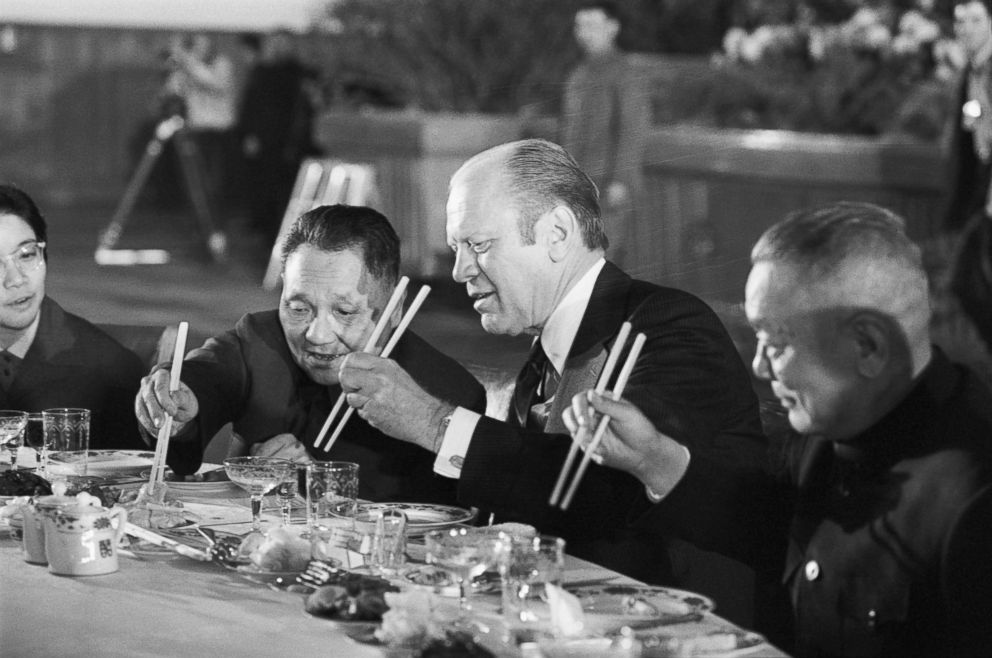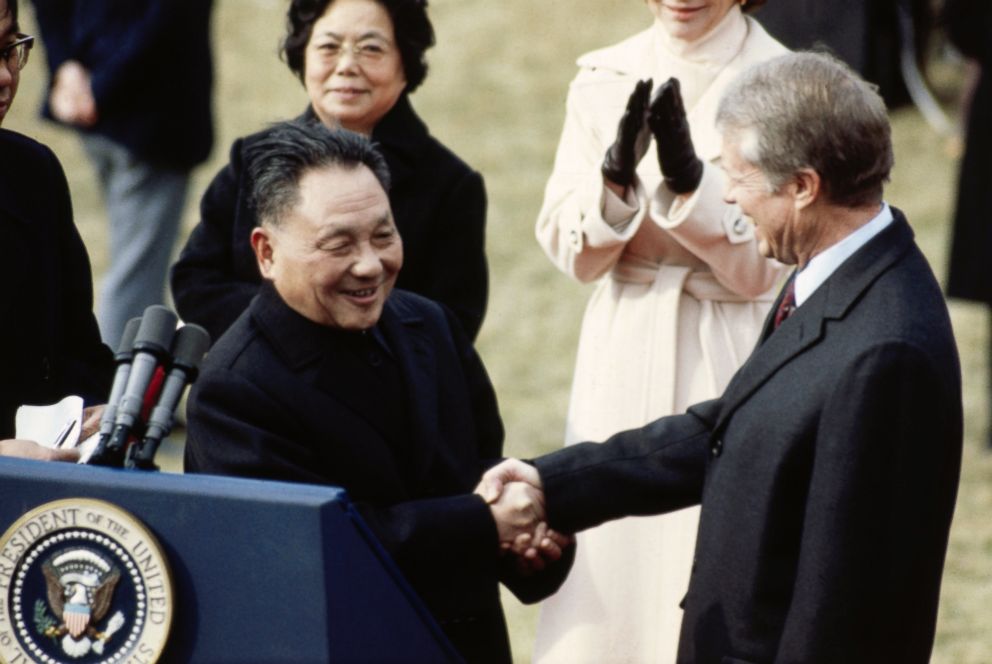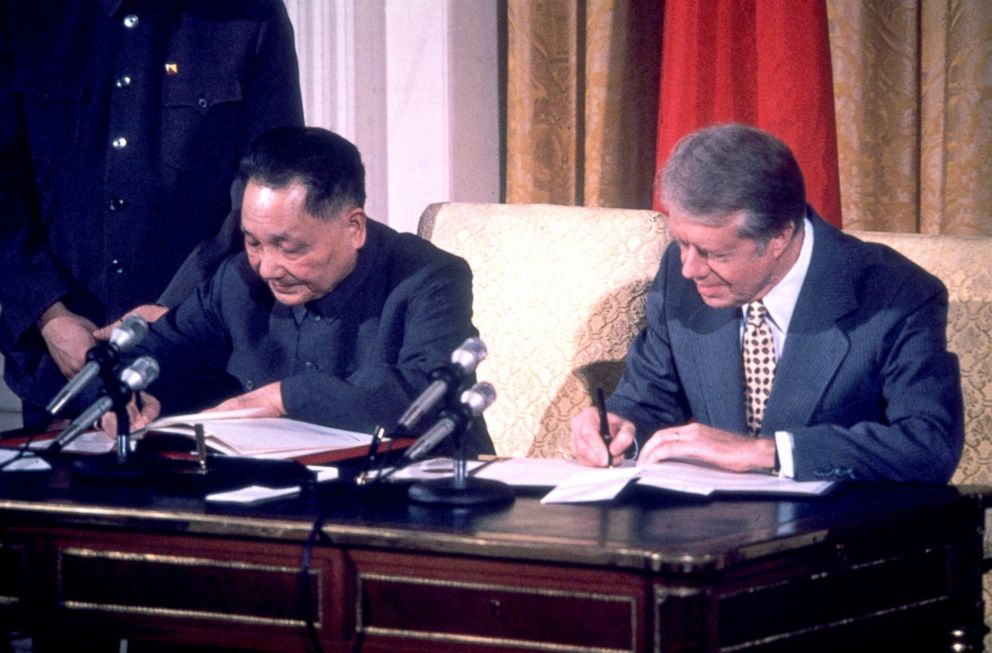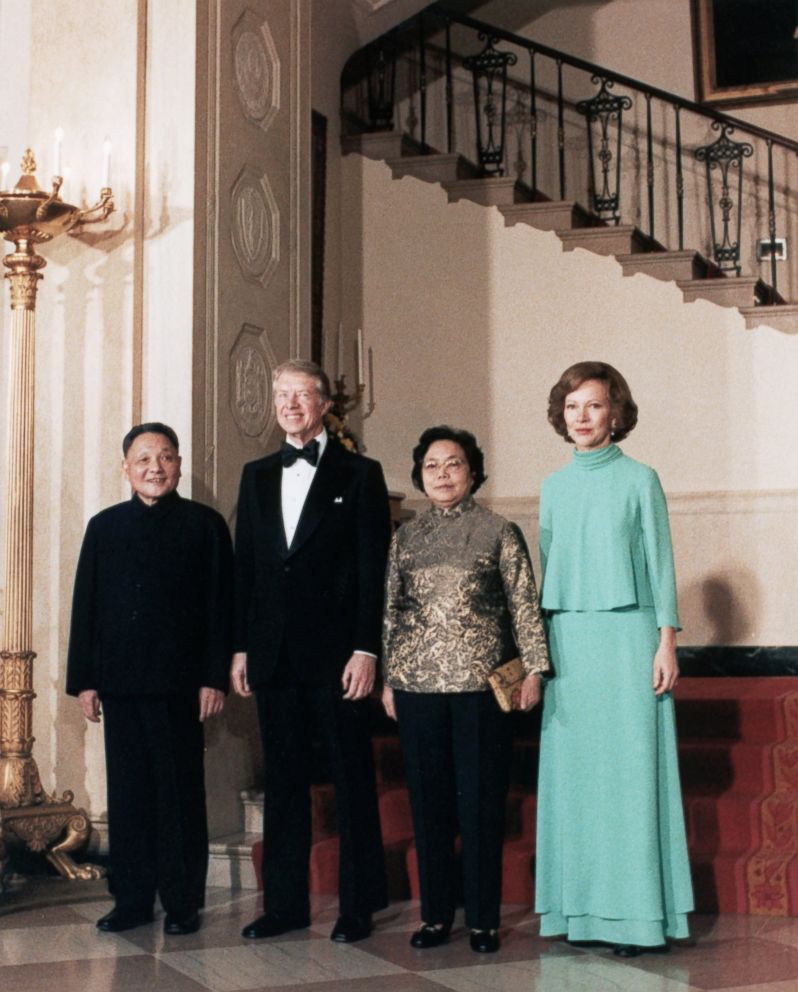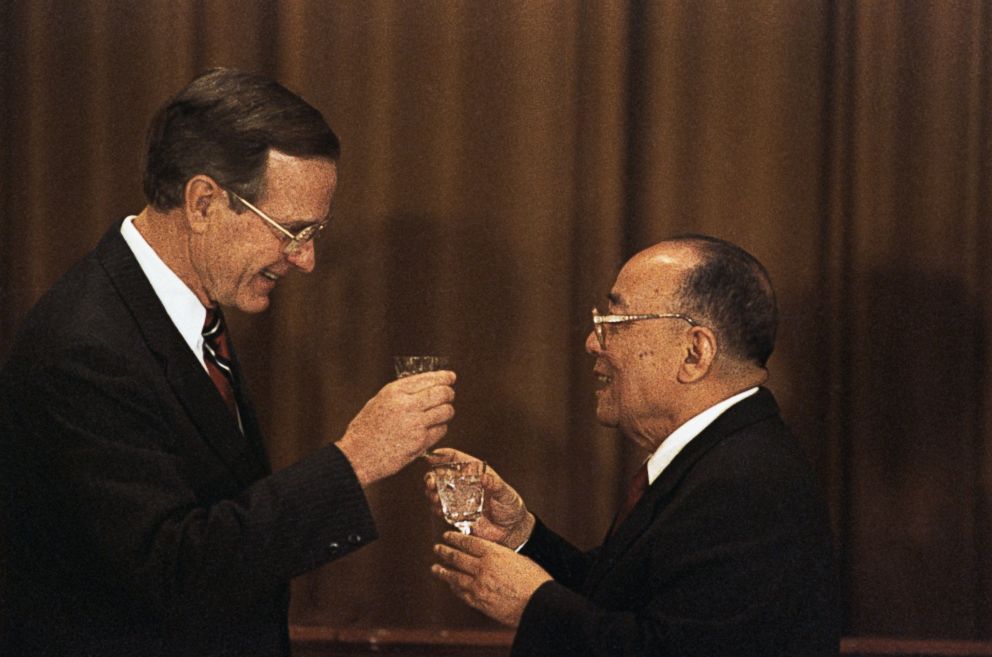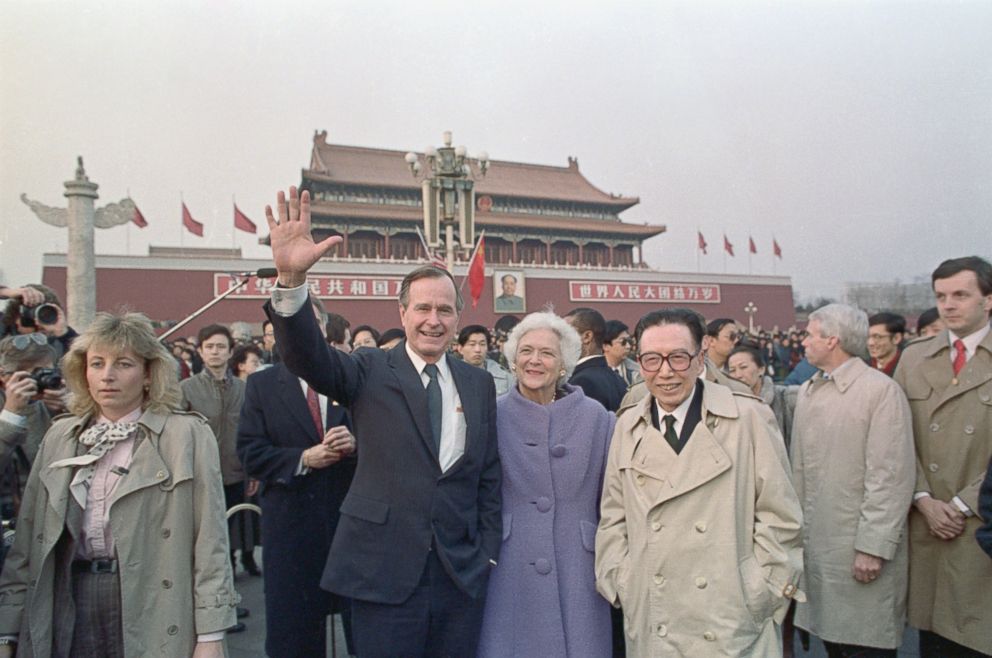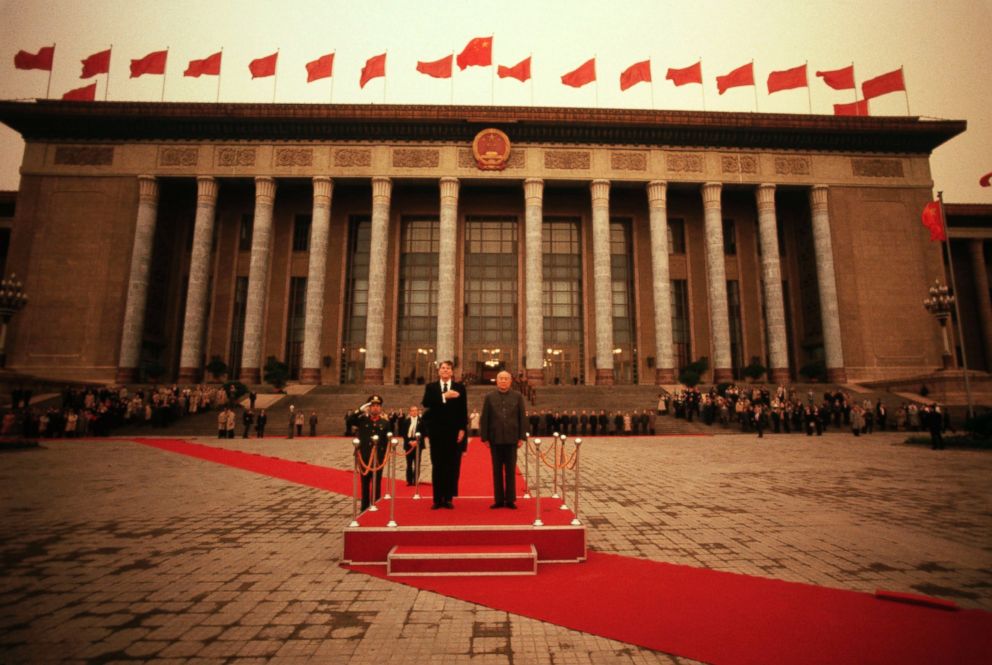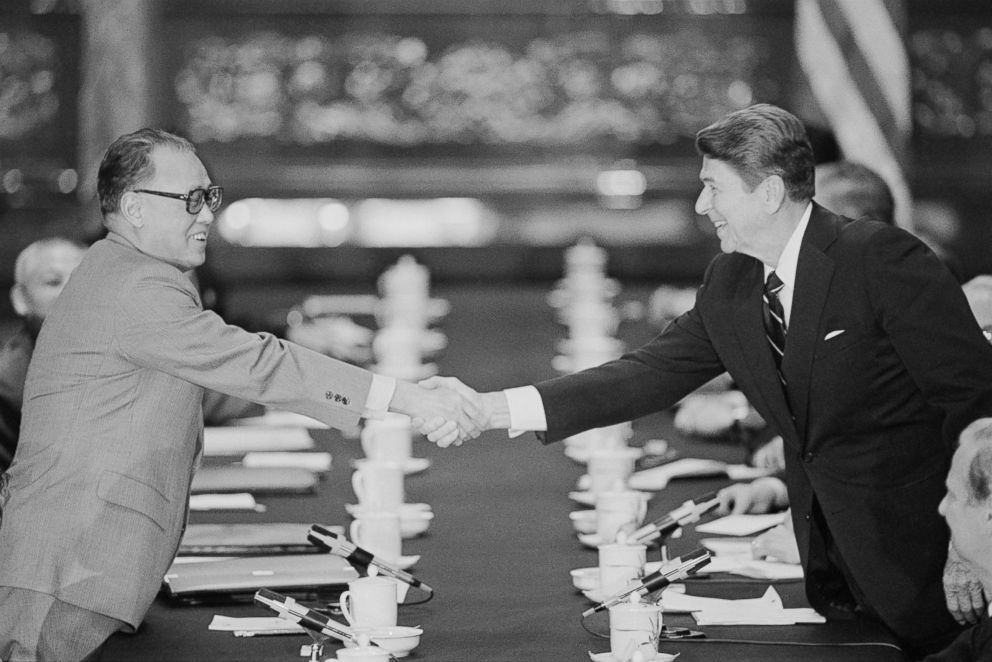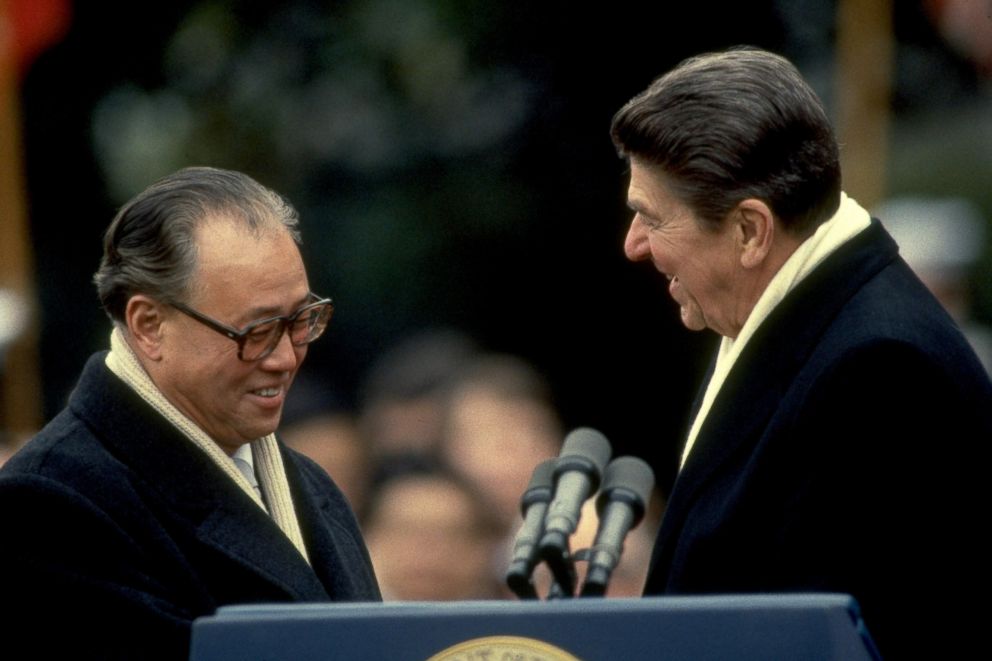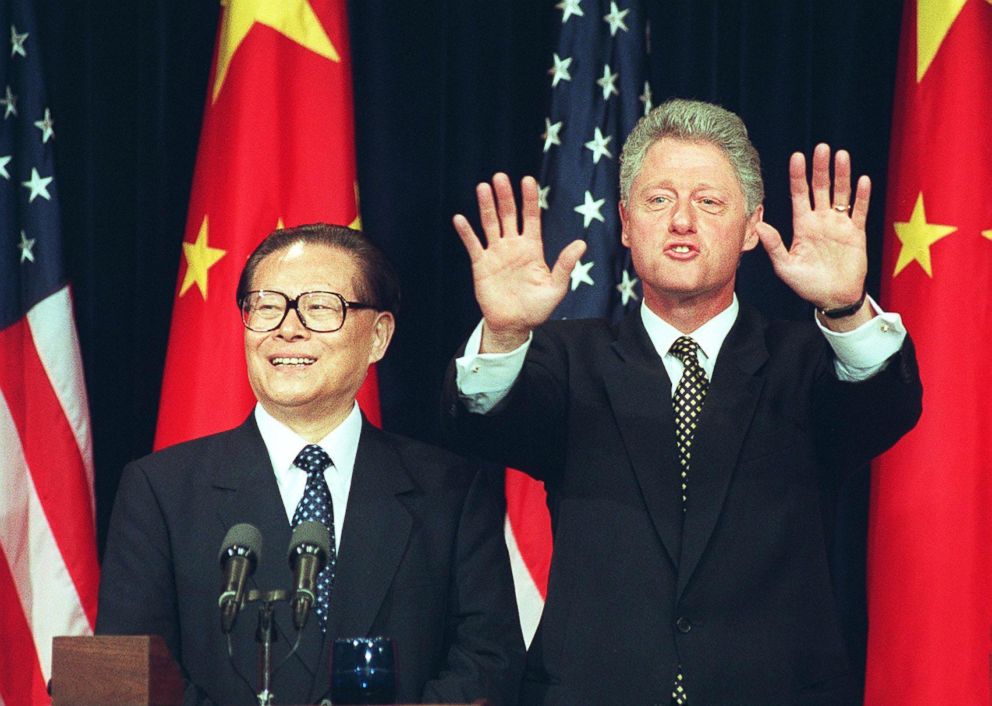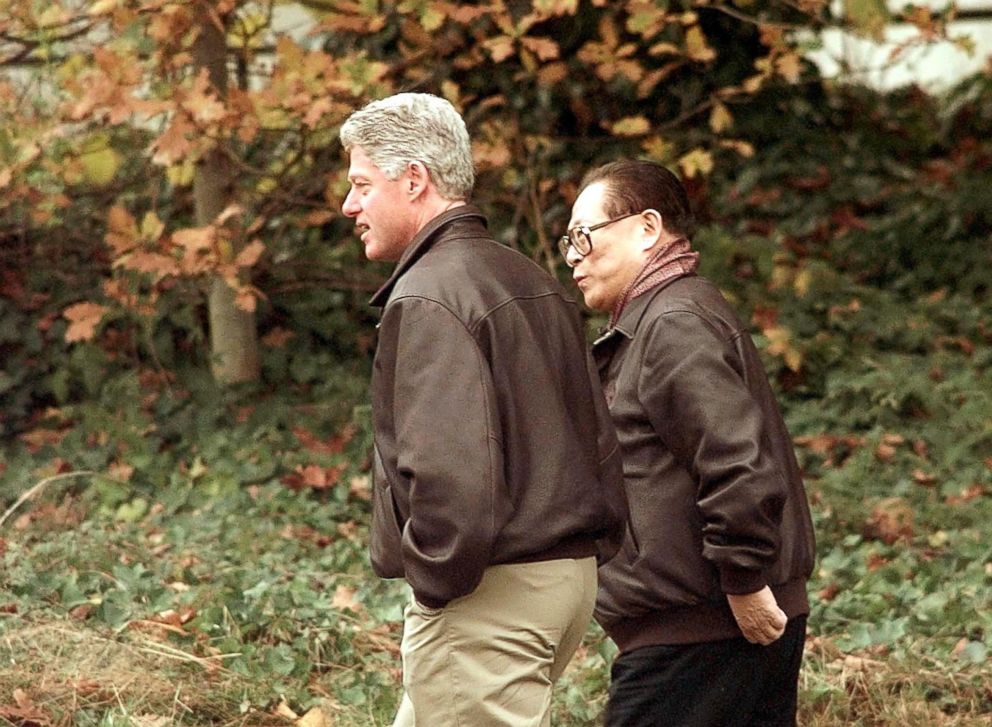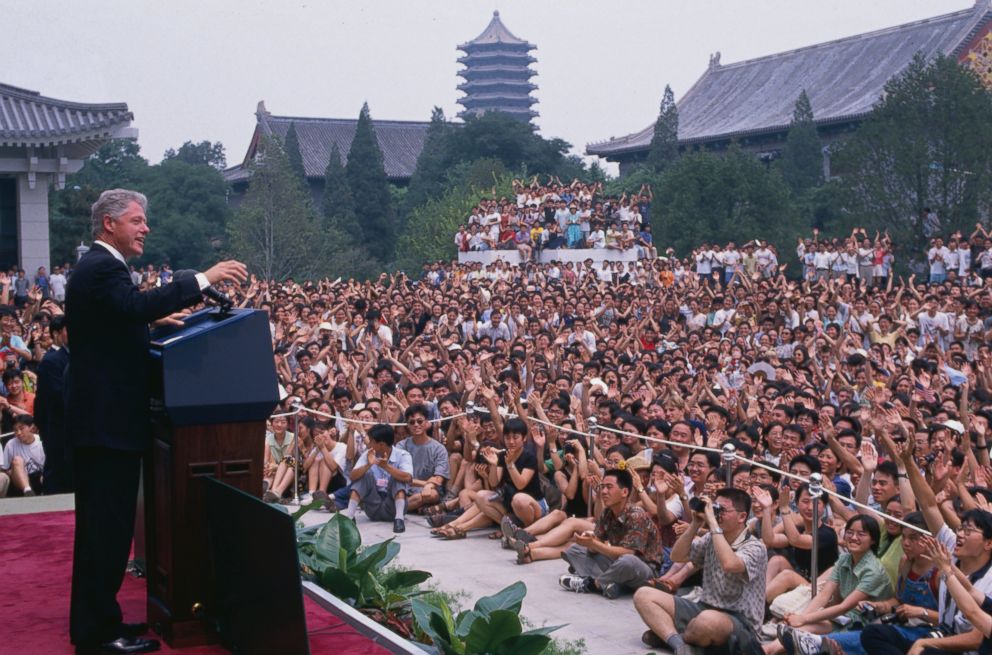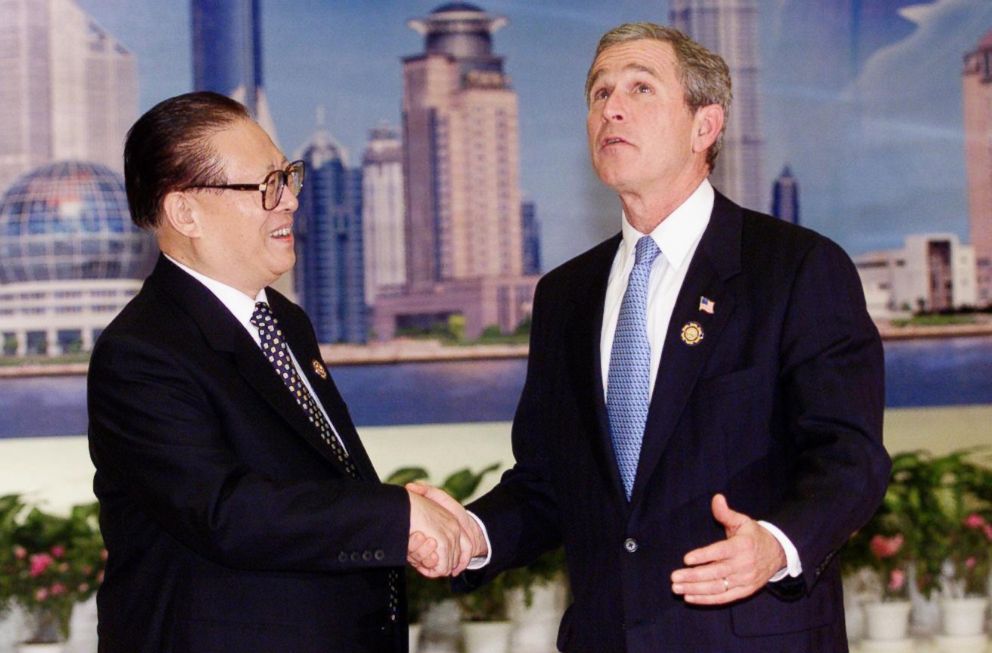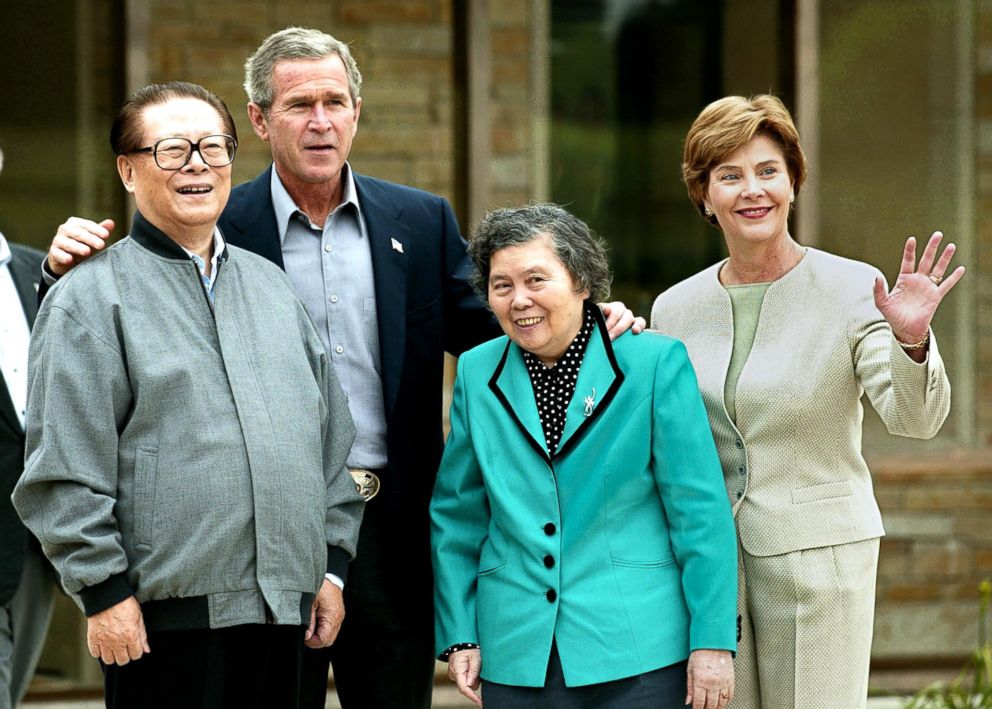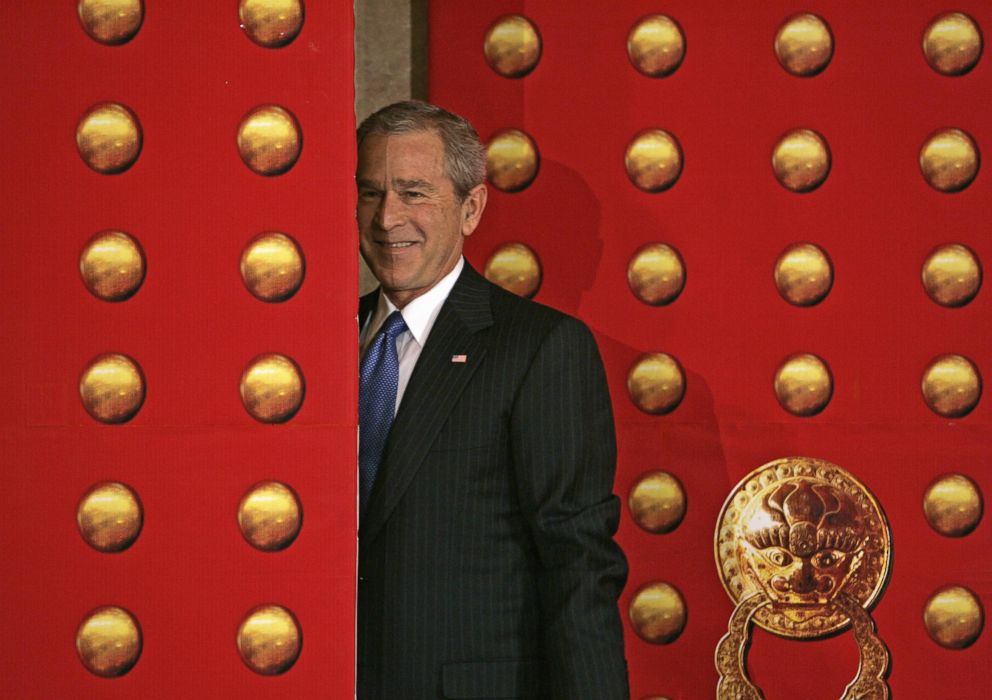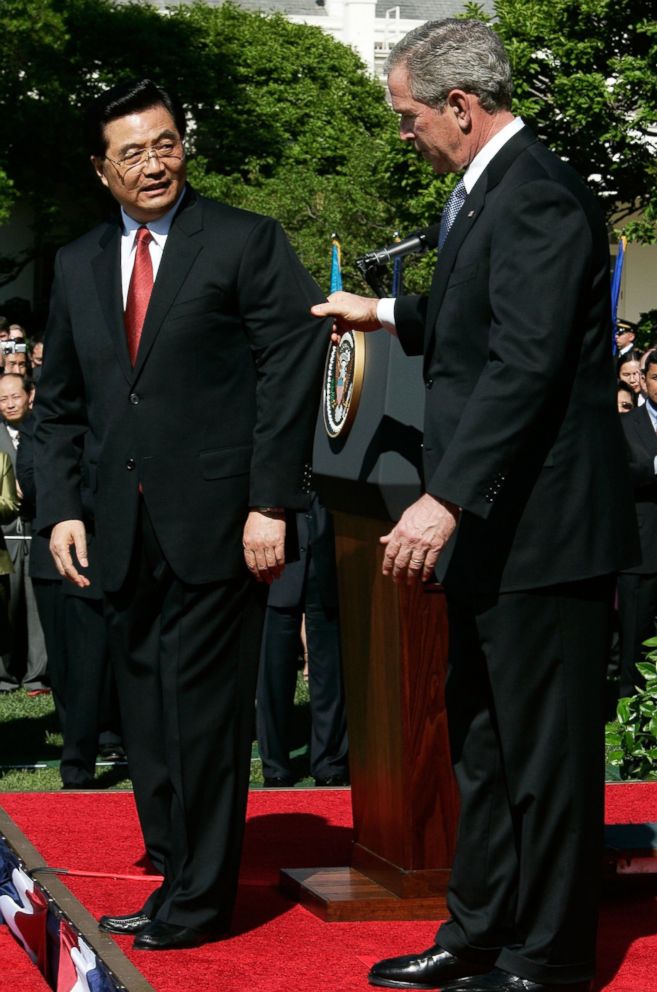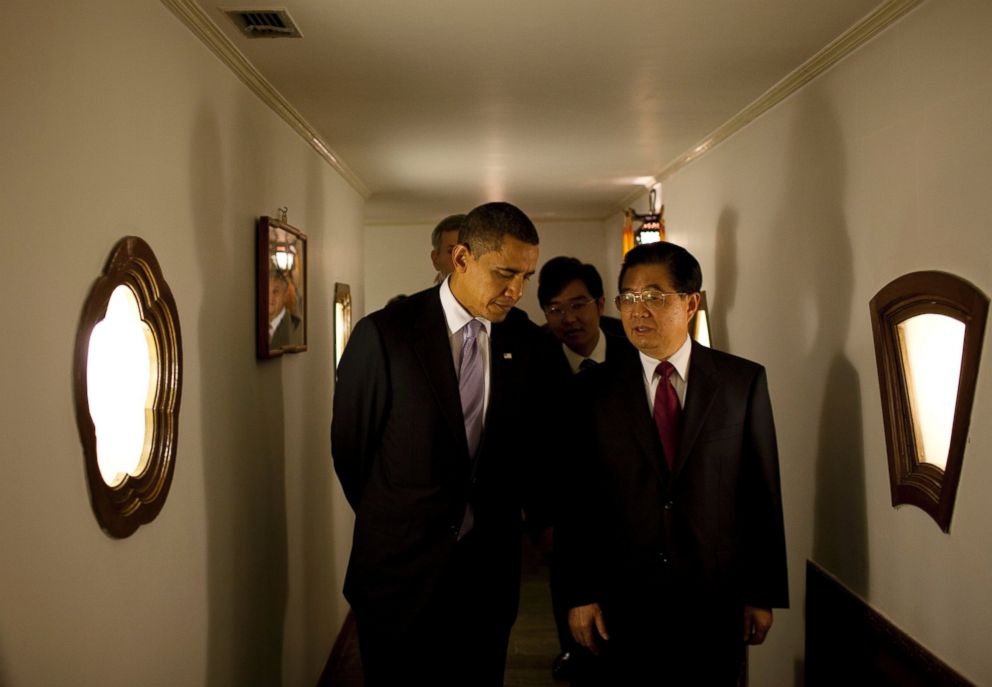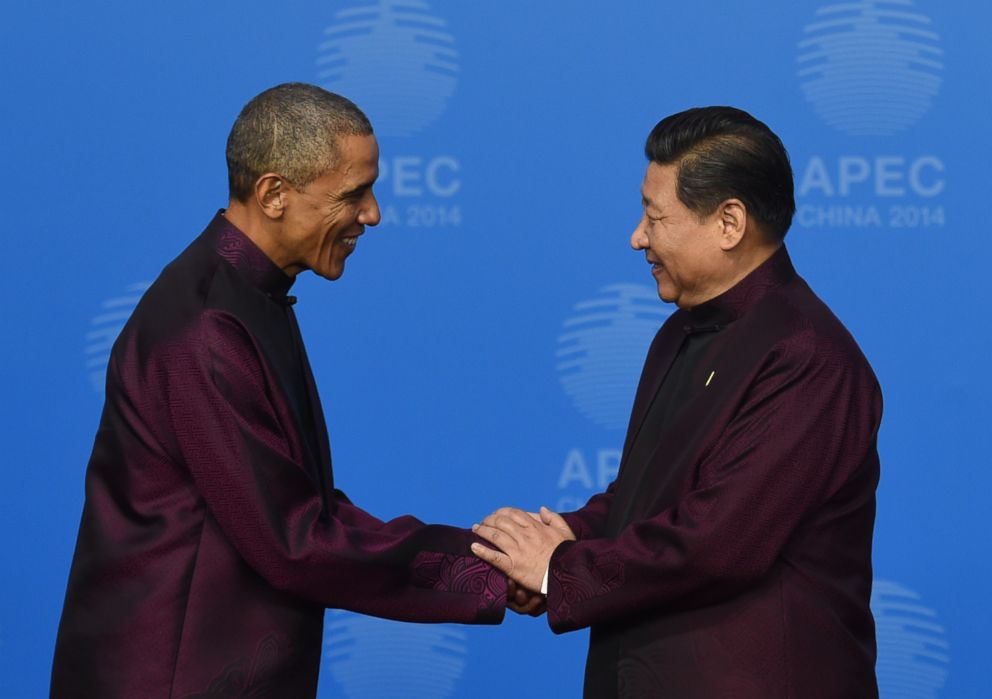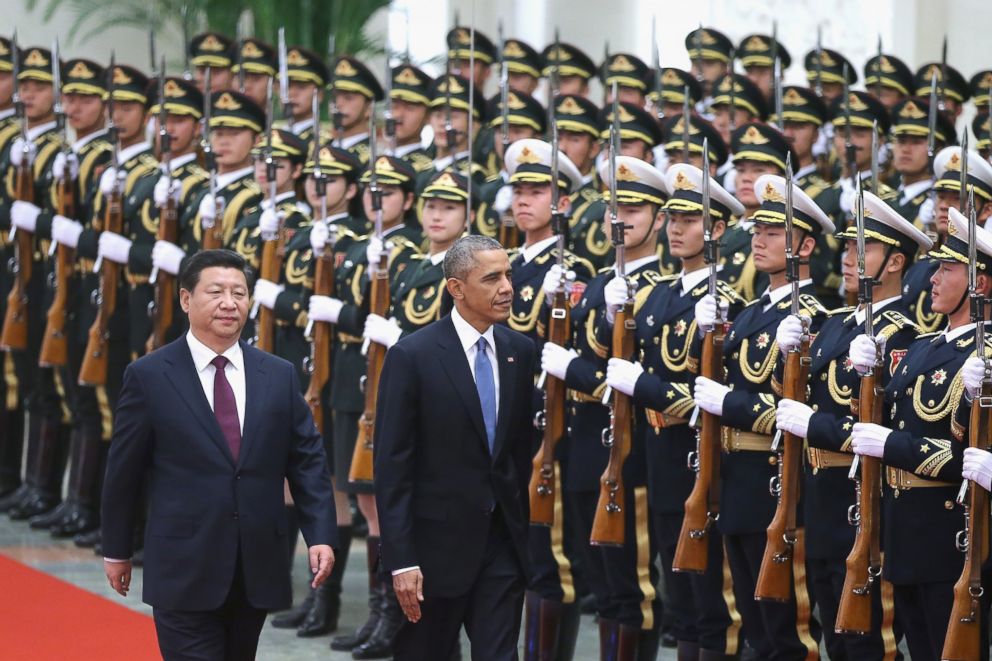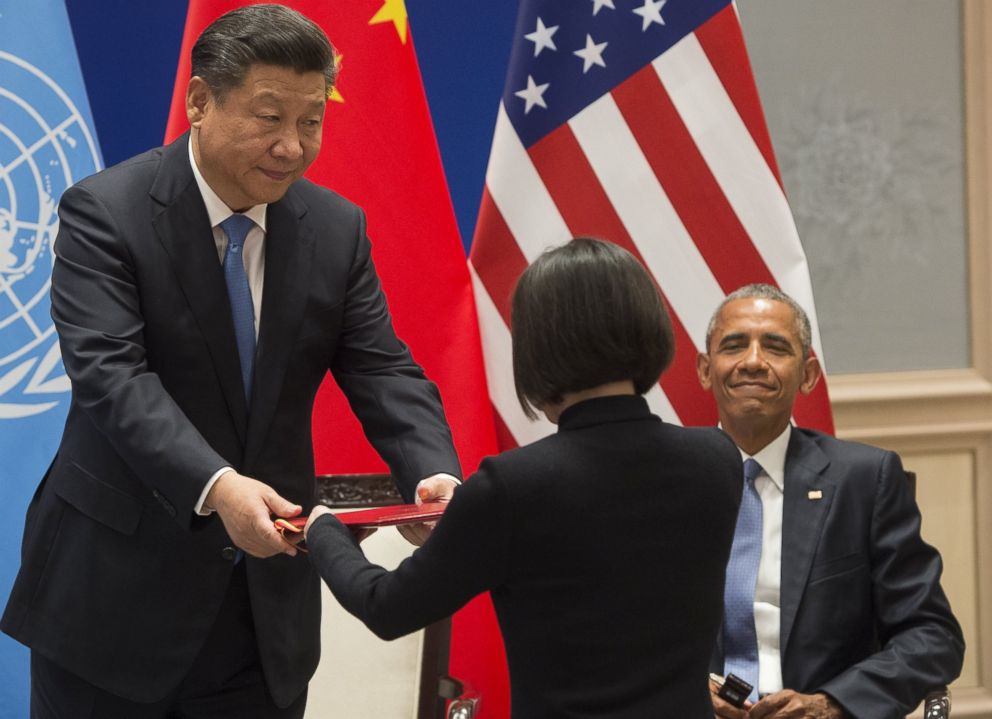Trump faces diplomatic test in summit with China's Xi Jinping, predicts progress on North Korea
President Trump has built a reputation talking tough on China.
— -- President Trump arrived in Florida on Thursday afternoon to wrap up a week's worth of meetings with other world leaders in what will arguably be the most crucial diplomatic test of his presidency so far.
Secretary of State Rex Tillerson greeted Chinese President Xi Jinping upon landing earlier in the day. Trump will host Xi at his lavish Mar-a-Lago resort in Palm Beach, Florida, for a two-day summit.
The agenda includes urgent items such as North Korea's rising aggression. Aboard Air Force One, en route to the meeting, Trump offered a prediction about the outcome of discussions on that point.
"I think China will be stepping up," he told reporters.
In an interview this week with Financial Times, Trump suggested he would use trade as a negotiation point in pressuring China to directly engage with North Korea on curbing its nuclear program.
"I think trade is the incentive," he said. "It is all about trade."
But in terms of what tangible results Trump will achieve with Xi in their first meeting, several experts caution against setting the bar too high.
At the Center for National Interest, a public policy think tank in Washington, D.C., Nicholas Lardy, a senior fellow at the Peterson Institute for International Economics, told reporters on Wednesday, "I think U.S. trade policy is not yet in place. It's still being hotly debated internally ... I don't think a great deal is going to change."
Trump built a reputation not just through his candidacy but also over decades in business by talking tough on China, calling for firm action on the country's controversial trade practices and criticizing multiple U.S. presidents for showing weakness in their interactions.
Absent a significant commitment from Xi on dealing with North Korea, Trump warned in his Financial Times interview that it's possible the U.S. would elect to "solve" the problem.
"The North Korean threat is no longer business as usual," said retired Lt. Gen. Wallace Gregson, the senior director for China and the Pacific at the Center for National Interest. His message aligns with the Trump administration's position that all options should be on the table.
"They're bad, and they're bold, and they're going to achieve nuclear capability," he said. "We need to take them at their word on that."
Some other significant issues expected to come up in the meeting are cyberwarfare, China's continued incursion into the South China Sea and the U.S. commitment to its one-China policy — which was called into question after Trump's call with Taiwan's president during the transition period.
That the meeting will be held at Mar-a-Lago presents some uncertainty about how much the press will be briefed on developments. The White House hasn't yet said whether there will be the traditional joint press conference when U.S. presidents welcome other world leaders.
But absent a major diplomatic snafu, experts said, Trump and the White House are likely to promote this as a major opportunity for some much-needed course correction away from the negative headlines consuming Washington.
"I would not be at all surprised if we did something that would be very dramatic and good for both countries," Trump said last week.
Joining him on the trip are his chief of staff Reince Priebus, senior counselor Steve Bannon, national security adviser H.R. McMaster, Treasury Secretary Steve Mnuchin and Commerce Secretary Wilbur Ross.
